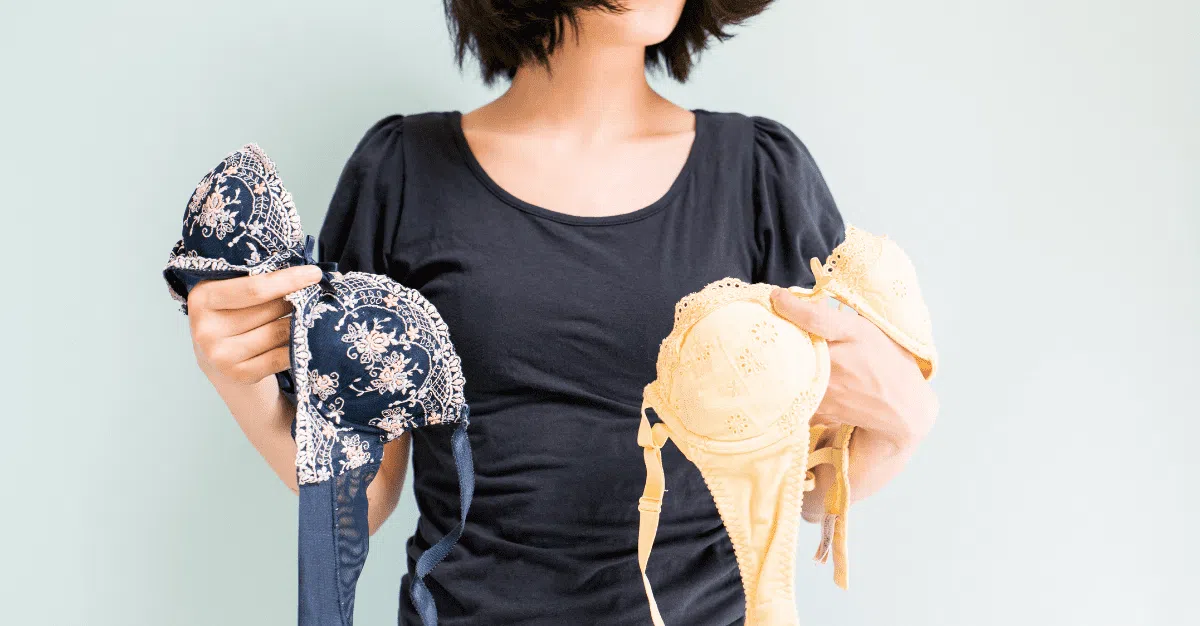
The choice to get breast implants is highly personal, and most women don’t make the decision lightly. Whether it’s cosmetic or reconstructive, implant surgery is a major procedure, with important health implications. Women who have implants, and women considering the surgery, should be aware of the possible side effects and arm themselves with science-backed information.
Researchers and practitioners are signaling a rise in what is now being referred to as Breast Implant Illness (BII) – a potential complication of silicone breast implants. Unfortunately, the symptoms are quite diverse, and most medical practitioners don’t always connect the dots to breast implants as a possible cause.
The medical community does not yet fully understand BII, and it can be difficult to diagnose in traditional medical practices.
The hallmark signs include a cluster of symptoms such as joint pain, unexplained fatigue, and memory loss. These symptoms are similar to many autoimmune disorders, but not all women who show signs of BII are diagnosed with an autoimmune disorder. That’s one factor that makes BII difficult to confirm. Many autoimmune disorders are difficult enough to diagnose on their own, and BII symptoms don’t follow clear patterns. Women can experience a mix of symptoms that could be due to disorders such as scleroderma, rheumatoid arthritis, Sjögren’s syndrome, hypothyroidism, or lupus.
More symptoms of BII can include:
These symptoms can be linked to many health problems, and even simply everyday stress. As a result, healthcare practitioners may not make the link between implants and a patient’s concerns, and instead treat each symptom separately.
More research needs to be done on the link between autoimmune disorders and silicone breast implants, but current findings suggest silicone leaks from the implants to trigger an inflammatory response in the body.
Silicone implants are most likely to rupture after about six to eight years, and ruptures aren’t always noticed. Women who have previous autoimmune disorders, or a family history of them, seem to be more prone to developing BII.
Lifestyle changes that reduce inflammation can help improve outcomes after implant removal. Reducing stress, following a natural-foods diet, and avoiding triggers like alcohol and excess sugar are all suggested following removal of the implant.
Sources
Cohen Tervaert JW, Colaris MJ, van der Hulst RR. Silicone breast implants and autoimmune rheumatic diseases: myth or reality. Curr Opin Rheumatol. 2017 Jul;29(4):348-354. doi: 10.1097/BOR.0000000000000391. PMID: 28379860.
Abdulla Watad, Vered Rosenberg, Shmuel Tiosano, Jan Willem Cohen Tervaert, Yarden Yavne, Yehuda Shoenfeld, Varda Shalev, Gabriel Chodick, Howard Amital, Silicone breast implants and the risk of autoimmune/rheumatic disorders: a real-world analysis, International Journal of Epidemiology, Volume 47, Issue 6, December 2018, Pages 1846–1854, https://doi.org/10.1093/ije/dyy217
Hillard C, Fowler JD, Barta R, Cunningham B. Silicone breast implant rupture: a review. Gland Surg. 2017;6(2):163-168. doi:10.21037/gs.2016.09.12
Coroneos, Christopher J. MD, MSc; Selber, Jesse C. MD, MPH; Offodile, Anaeze C. II MD, MPH; Butler, Charles E. MD; Clemens, Mark W. MD US FDA Breast Implant Postapproval Studies, Annals of Surgery: January 2019 – Volume 269 – Issue 1 – p 30-36 doi: 10.1097/SLA.0000000000002990